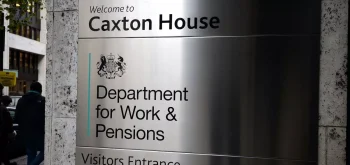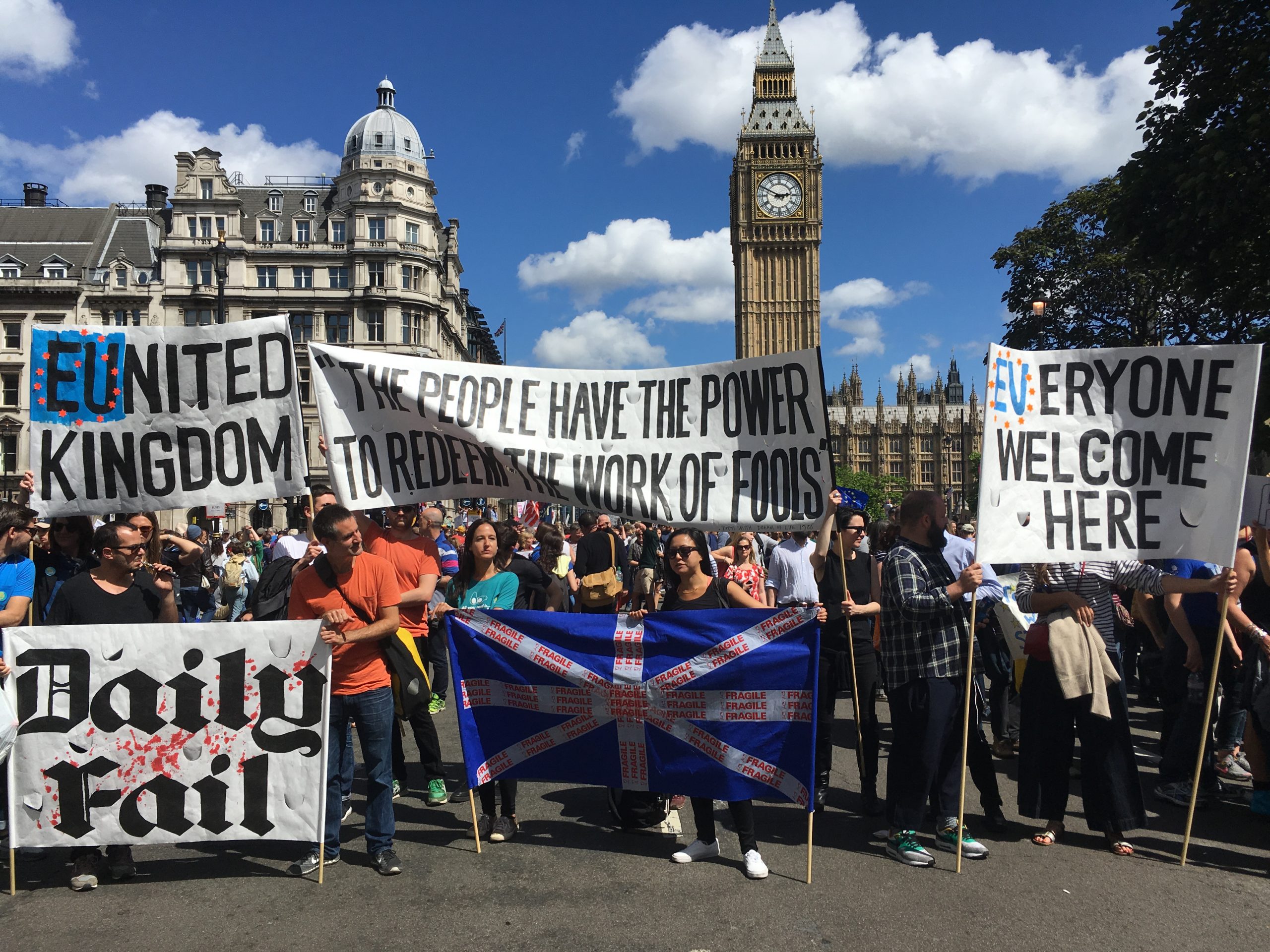The Internal Market Bill has suffered the largest defeat in the House of Lords of any bill since the reform of the House in 1999. On Tuesday night, the Lords voted on an amendment to the Bill, reading ‘this House regrets that… the bill contains provisions which, if enacted, would undermine the rule of law and damage the reputation of the United Kingdom’.
The motion, proposed by Lord Judge, was passed by a majority of 226, with just 169 MPs voting against the amendment. The Constitution Unit, a UK constitutional research centre, estimated this to be the greatest defeat since the Labour government were defeated on the Counter-Terrorism Bill in 2008. Of the 395 peers who voted in support, 39 were Conservative rebels and 103 were crossbencher MPs. Among the Conservative rebels were Lord Keen, former Advocate General for Scotland, and Theresa May’s former chief of staff Gavin Barwell.
The government had previously been criticised for a statement from the Northern Ireland Secretary Brandon Lewis that part five of the bill, which rows back on commitments made by the UK to the EU in the 2019 Withdrawal Agreement, broke international law ‘in a very specific and limited way.’ In a powerful speech proposing the amendment, former Lord Chief Justice Lord Judge said: ‘I know I am not alone in finding it offensive that we are asked by a Minister in Parliament to seek Parliament’s authorisation to allow him to break the law deliberately and knowingly. Saying that it will only be done in a very specific and limited way is a total obfuscation. A thief who steals only a tin of tuna is still a thief.’
Without the support of the Lords, the Constitution Unit estimates that the Bill could be delayed by up to a year, whilst Lord Anderson has pointed out the ability of the Lords to strike part 5 from the Bill altogether. The vote is the latest in a series of rebellions from the House, coming only a day after the Lords amendments to the Internal Market Bill, concerning the welfare of child refugees, were defeated in the Commons after the government engaged the whip. The vote also comes in the wake of the House of Lords report on the Internal Market Bill, which accused the government of a ‘disregard for the rule of law’, arguing that both the public and Parliament’s confidence the Law Officers had been undermined.
Perhaps most striking among the voices of dissent was Michael Howard, former leader of the Conservative Party, who has previously spoken out in favour of Brexit. Speaking for the motion, Lord Howard said, ‘I want the United Kingdom to be an independent and sovereign state. But… I do not want it to be an independent sovereign state that chooses, as one of the first assertions of that sovereignty, to break its word, to break the law and to renege on a treaty it signed barely a year ago.’§







Back from the looking glass